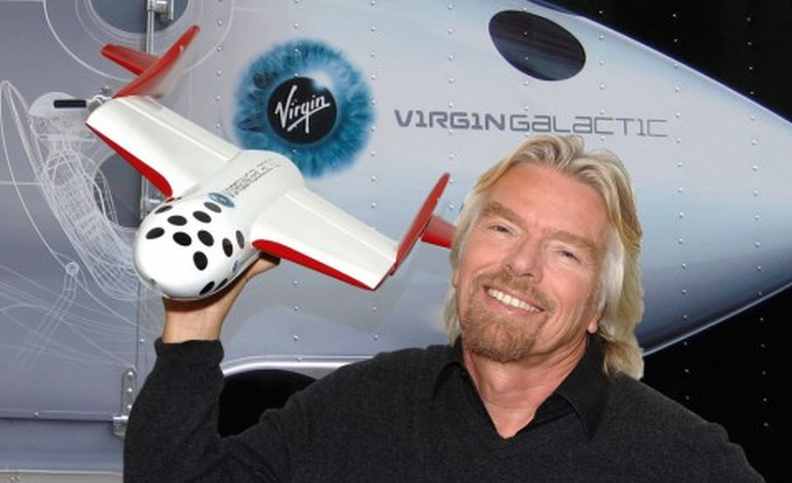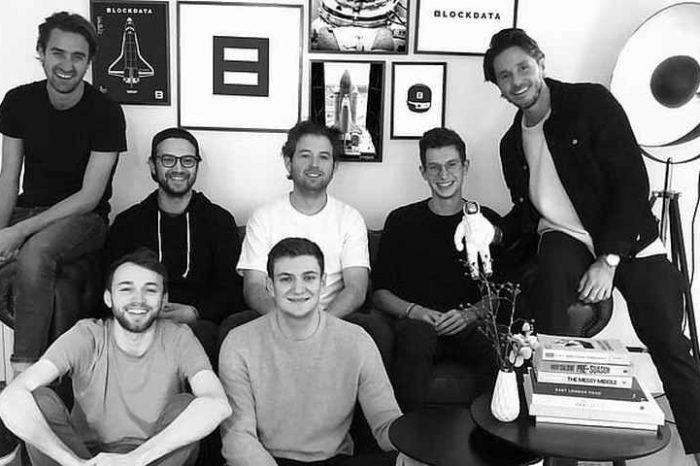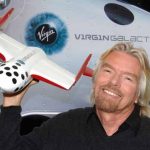Billionaire and Virgin founder Richard Branson looking to raise $460 million for a new “blank check” company

Blank-check companies are hot on Wall Street these days and rich investors are eager to jump right in and get their own piece of the pie. In a simple term, a blank-check company, sometimes called special purpose acquisition company (SPAC), is a shell company that has no operations but plans to go public with the intention of acquiring or merging with a company utilizing the proceeds of the SPAC’s initial public offering (IPO).
Since COVID-19 started in January, there is a sudden rise in the numbers of blank-check companies, according to a report from the Wall Street Journal. These companies are enjoying their highest popularity in more than a decade, raising more than $10 billion in new listings last year.
Now, billionaire and Virgin founder Richard Branson wanted part of the action. According to a new filing with the Securities and Exchange Commission (SEC) on Wednesday, Branson is looking to raise $460 million to create a new special purpose acquisition company, or SPAC, becoming the latest in a line of wealthy investors to do so. The filing also named Branson as the founder of VG Acquisition.
As a shell company, it is not surprising that VG Acquisition is registered on the Cayman Islands. In the filing with SEC, the company said it plans to use the money raised through the initial public offering to acquire a business that is already in operation.
So far this year, more than 50 SPAC offerings have taken place so far this year, raising over $20 billion, according to an August report from Goldman Sachs. The investment bank said SPAC offerings were up 145% in the same period a year ago.
The SEC-filing for VG Acquisition states that the pandemic has brought about “a rare opportunity to invest in fundamentally strong target businesses at attractive valuations.”
Below is how the company describes its business strategy.
We are focused on effecting a business combination with a target that operates in one of the Virgin Group’s core sectors: travel & leisure, financial services, health & wellness, technology & internet-enabled, music & entertainment, media & mobile and renewable energy/resource efficiency. We will primarily search for consumer-facing businesses. We are not, however, required to complete our initial business combination with a business in one of these sectors and, as a result, may pursue a business combination outside of these categories if we find an alternative opportunity that we believe will result in an attractive return to investors.
The company added:
We believe that the COVID-19 crisis has caused temporary dislocations in several of our focus sectors, creating a rare opportunity to invest in fundamentally strong target businesses at attractive valuations while providing needed financial and operational resources and access to the public markets. We are equally well-positioned to capitalize on secular trends that have accelerated as a result of the pandemic. Technology and internet-enabled products are now playing an increasingly prominent role in consumers’ lives and we have a strong network and track record from investing in these business models, both through our venture capital portfolio as well as through Virgin incubated digital businesses such as Trainline (LSE: TRN), an independent digital rail and coach ticketing platform.
The company said it had not yet decided which business it wants to buy. However, over the next two years, it will look for a company that operates in one of the Virgin Group’s core sectors such as travel, financial services, health, technology, music, media, mobile, and renewables.

